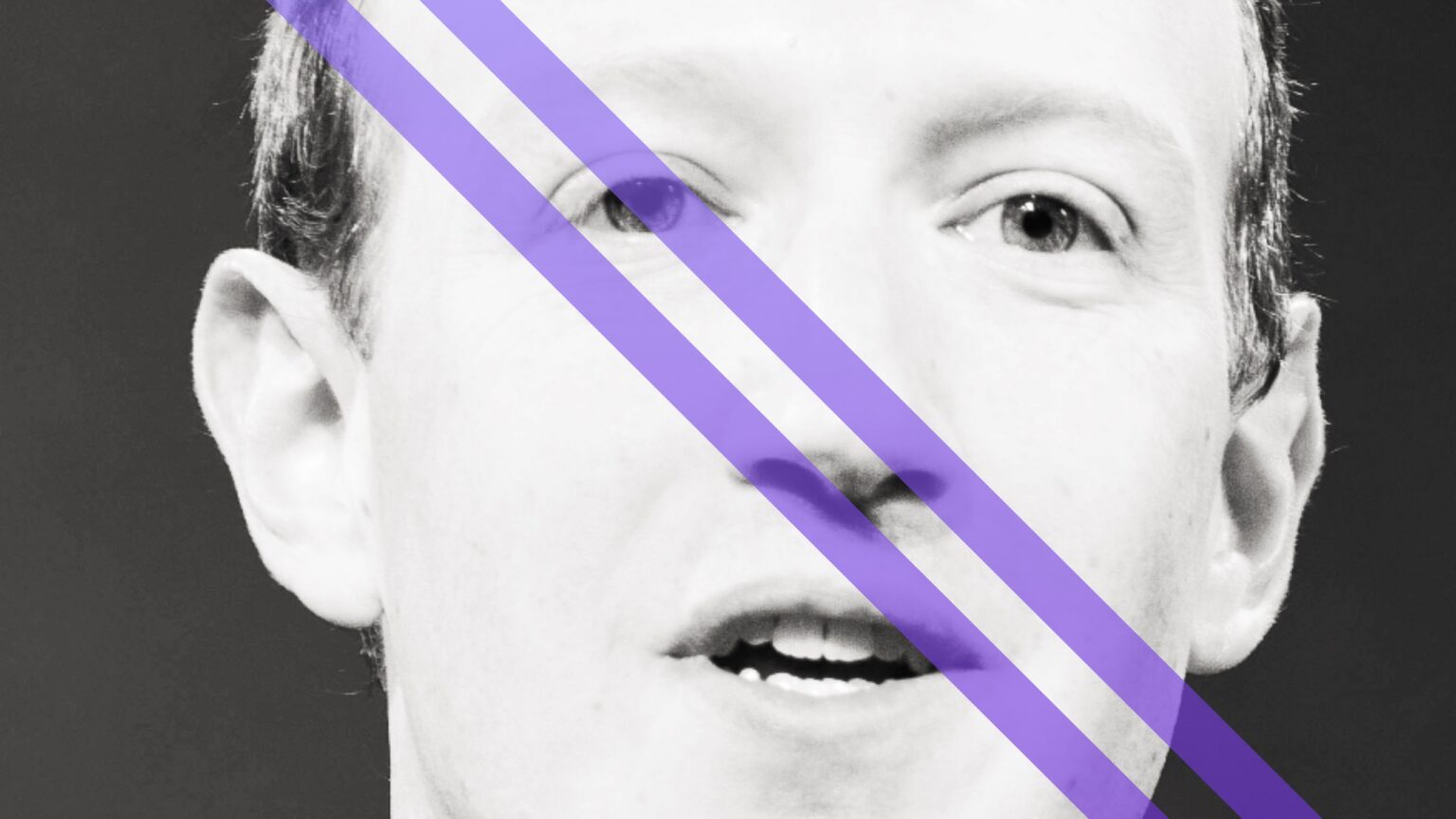Meta CEO Mark Zuckerberg has suggested that the company’s metaverse platform could eventually allow people to interact with virtual avatars of their beloved friends and relatives who have died.
Zuckerberg made the comments during a recent blockbuster interview in the Metaverse with computer scientist and podcaster Lex Fridman. The founder showcased Meta’s new lifelike Codec virtual reality avatars, which use AI scanning tech to build 3D models of a user’s face.
He discussed several issues, including the future of AI in the metaverse as well as ideas about how Meta is making improvements to its VR platforms in order to create more immersive experiences.
Also read: Digital Life Cheats Death in the Metaverse
Talking to the dead in the metaverse
During the podcast, Fridman asked Zuckerberg a question that he thought to be “complicated and dark”. “I would love to talk to people who are no longer here that are loved ones. So if you look into the future, is that something you think about?” he asked, as reported by the Independent.
Fridman was keen to know whether a deceased “father, grandfather, grandmother and mother” could still exist in the metaverse. Zuckerberg admitted the feat may be hard to achieve, but hinted that it could be done with some “balance” via a combination of virtual reality and AI.
“Yeah, I think that there are a lot of norms and things that people have to figure out around that [dead people existing in the metaverse],” the Meta CEO told Fridman, adding:
“There’s probably some balance, where if someone has lost a loved one and is grieving, there may be ways in which being able to interact or relive certain memories could be helpful.”
Zuckerberg also said there’s an extent to which the technology could become “unhealthy.” That’s regardless of Meta’s “fair amount of experience” with how to handle death and identity, and digital content through social media platforms like Facebook and Instagram.
“I mean, I’m not an expert in that, so I think we’d have to study that and understand it in more detail,” he averred.
For death-related incidents on say Facebook, Meta follows protocols for families that want to have access to the profiles of their deceased loved ones. Zuckerberg said the company tries to “memorialize” the profiles for the family, but does not grant access to private messages.
Living forever after death
As MetaNews previously reported, death is a complex phenomenon and the metaverse isn’t making it any better. Frank Wilder, the co-founder of metaverse platform Wilder World, believes that in the metaverse, people can never really die.
“In this digital world, we have the ability to imagine new forms of existence after death, such as the preservation of a person’s digital consciousness or the creation of a virtual memorial,” said Wilder earlier this year, as reported by Cointelegraph.
Wilder isn’t alone in his beliefs. Artur Sychov, the CEO of Somnium Space, created a ‘live forever’ mode in his virtual domain to capture the movements and conversations of people. Stored as data, these actions are later duplicated by an avatar, ensuring that the dead can live forever in the metaverse.
“Literally, if I die – and I have this data collected – people can come or my kids, they can come in, and they can have a conversation with my avatar, with my movements, with my voice,” he told Vice last year.
“You will meet the person. And you would maybe for the first 10 minutes while talking to that person, you would not know that it’s actually AI. That’s the goal.”









 and then
and then